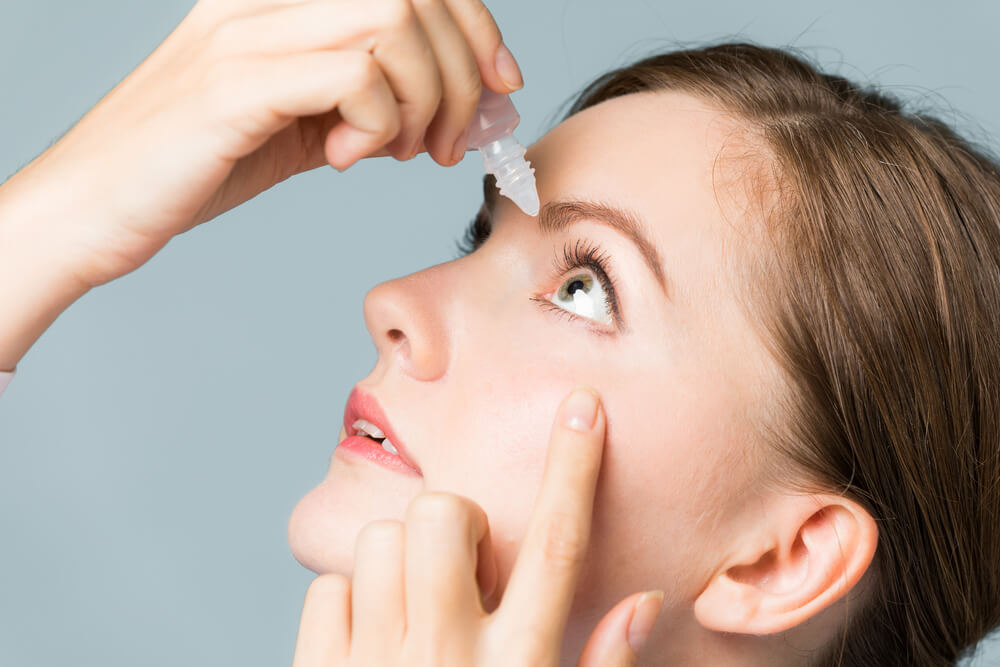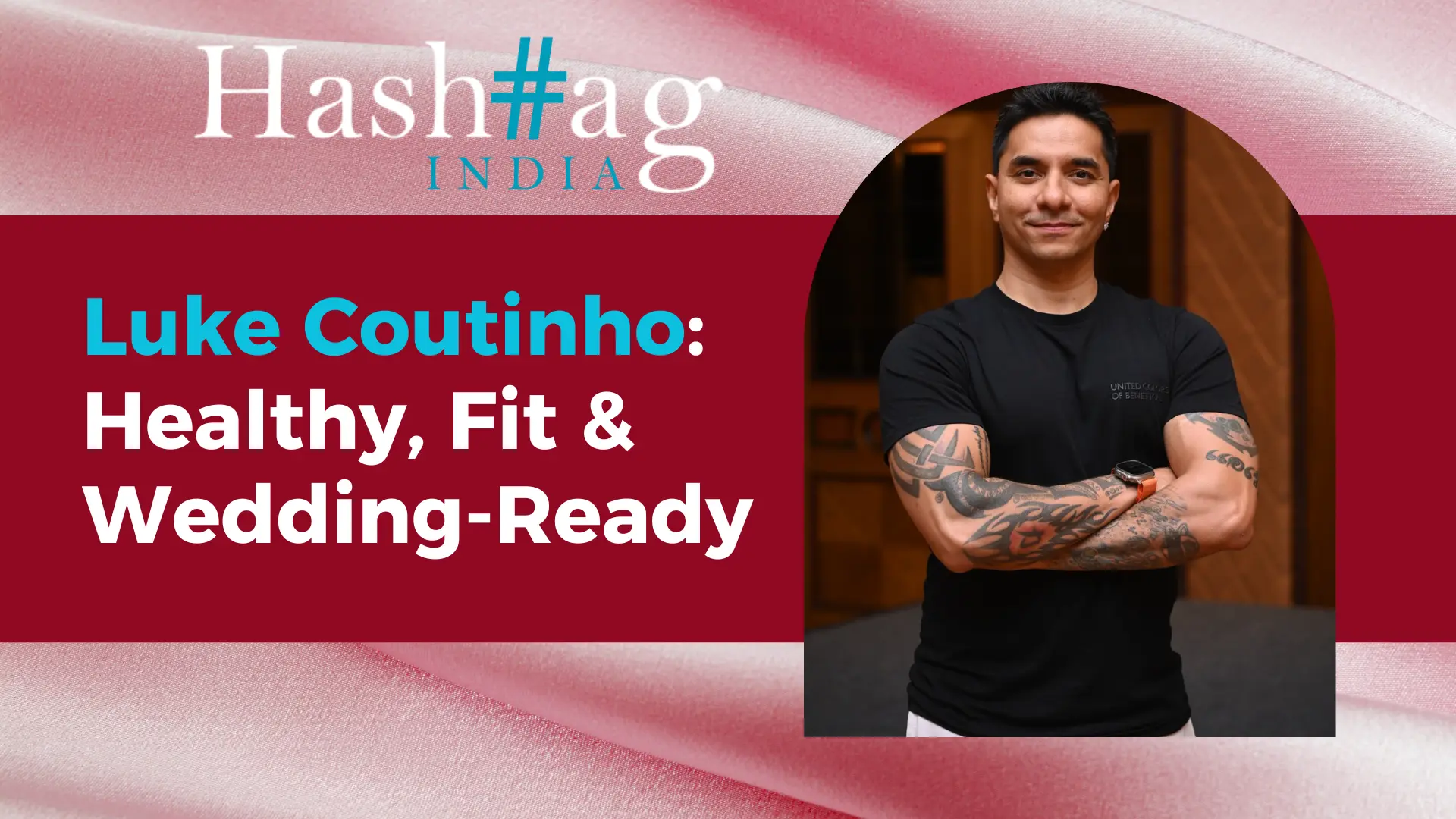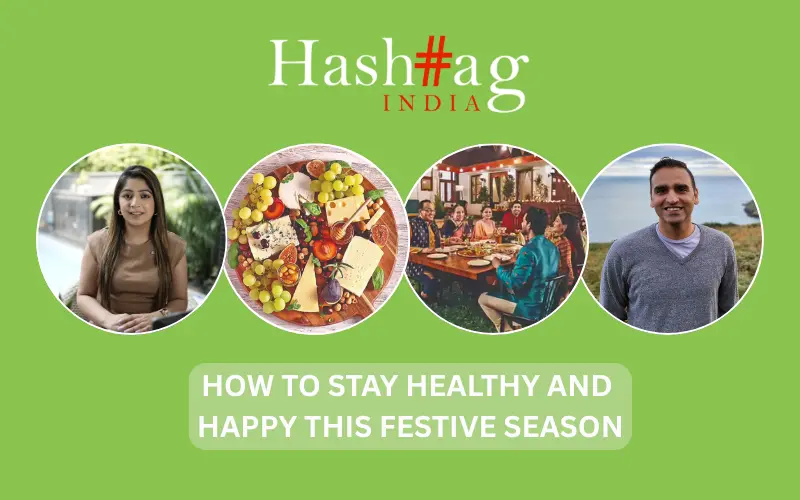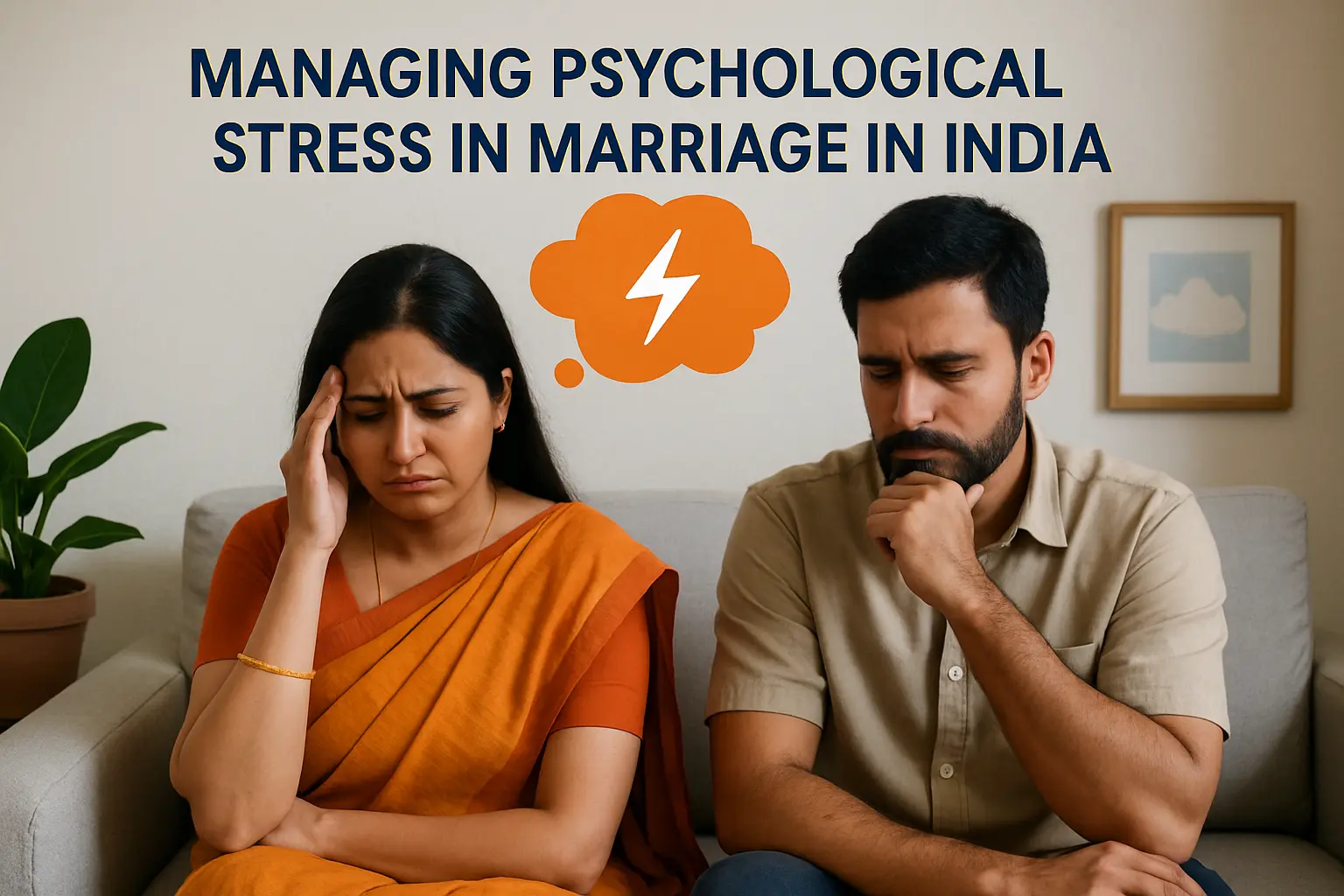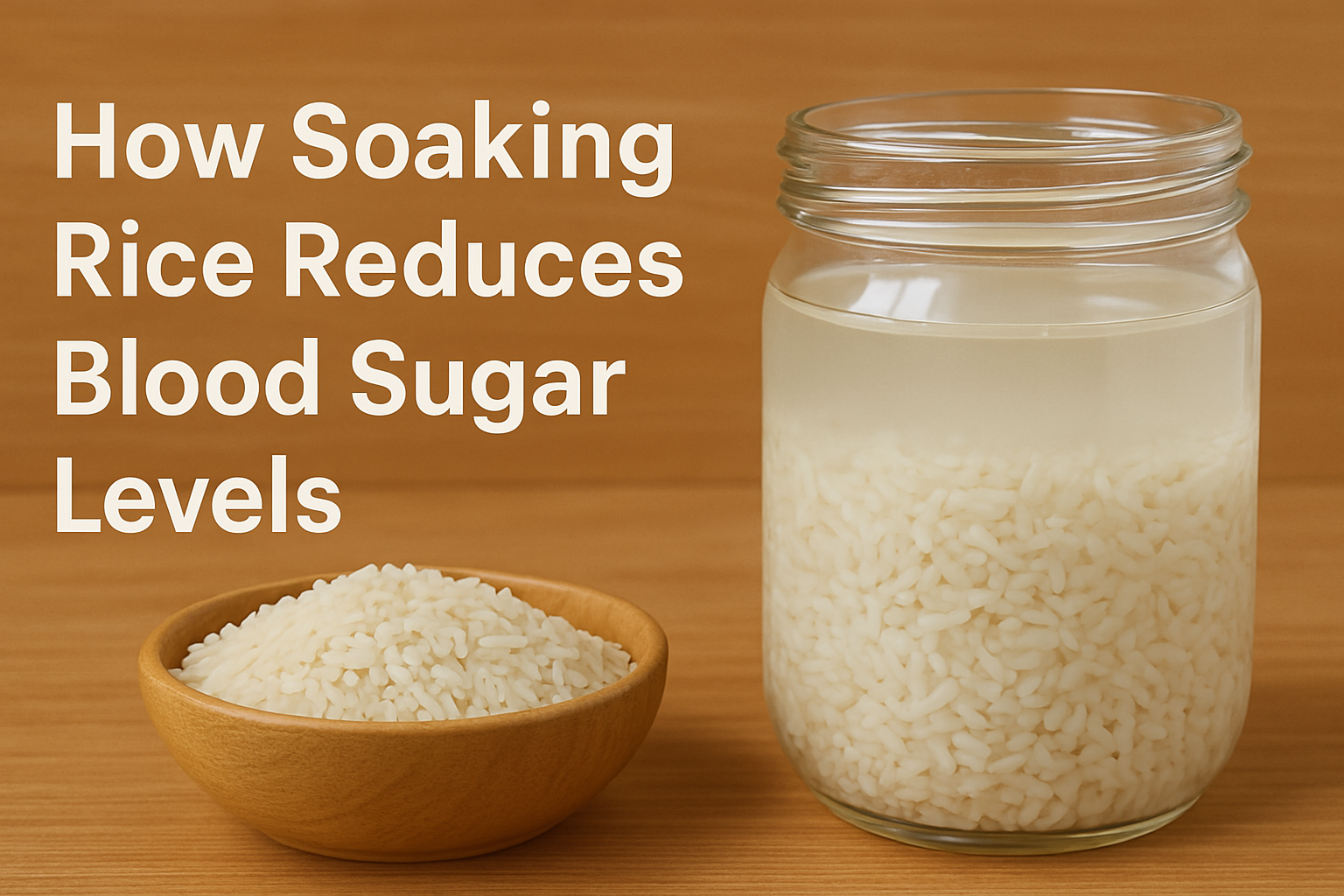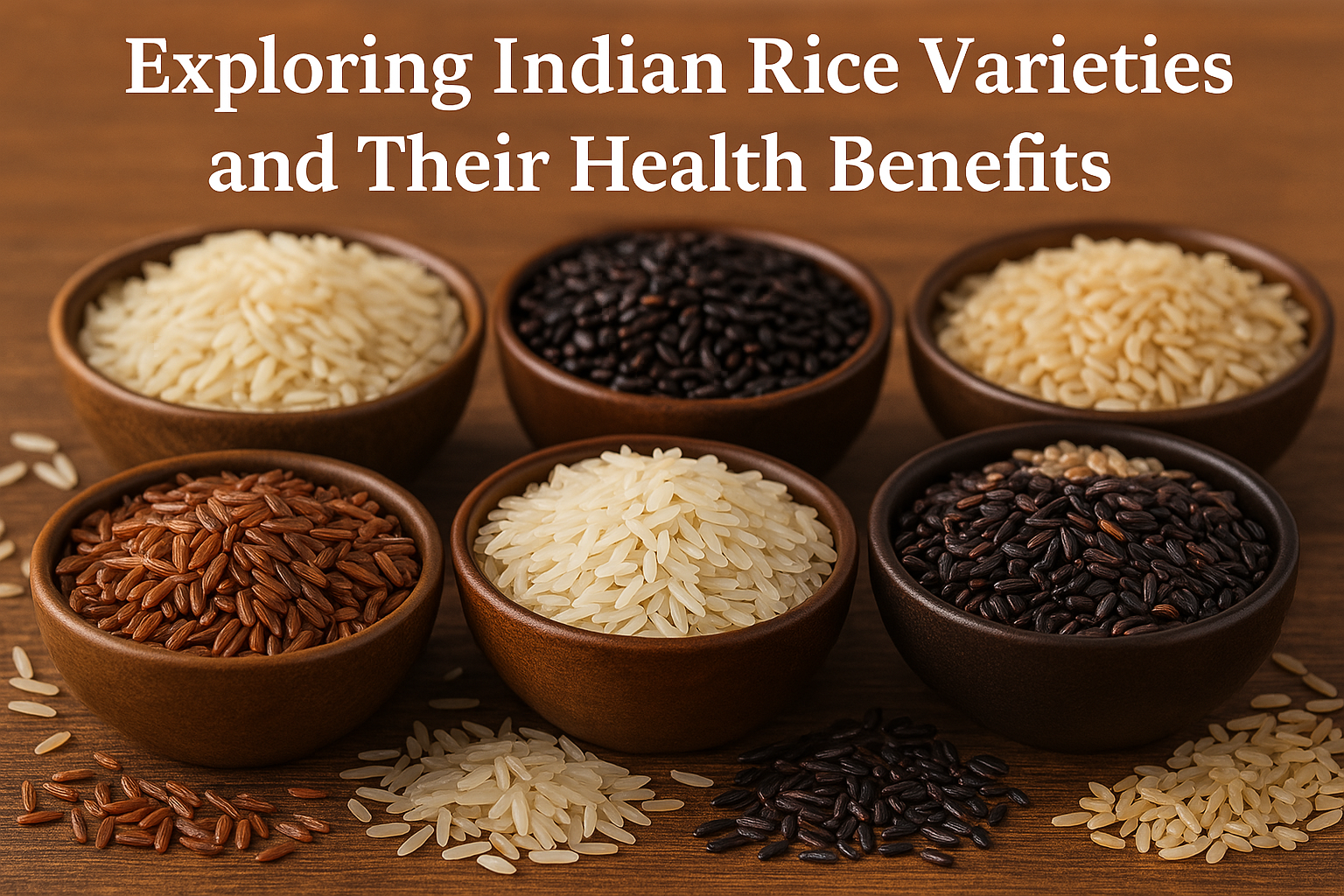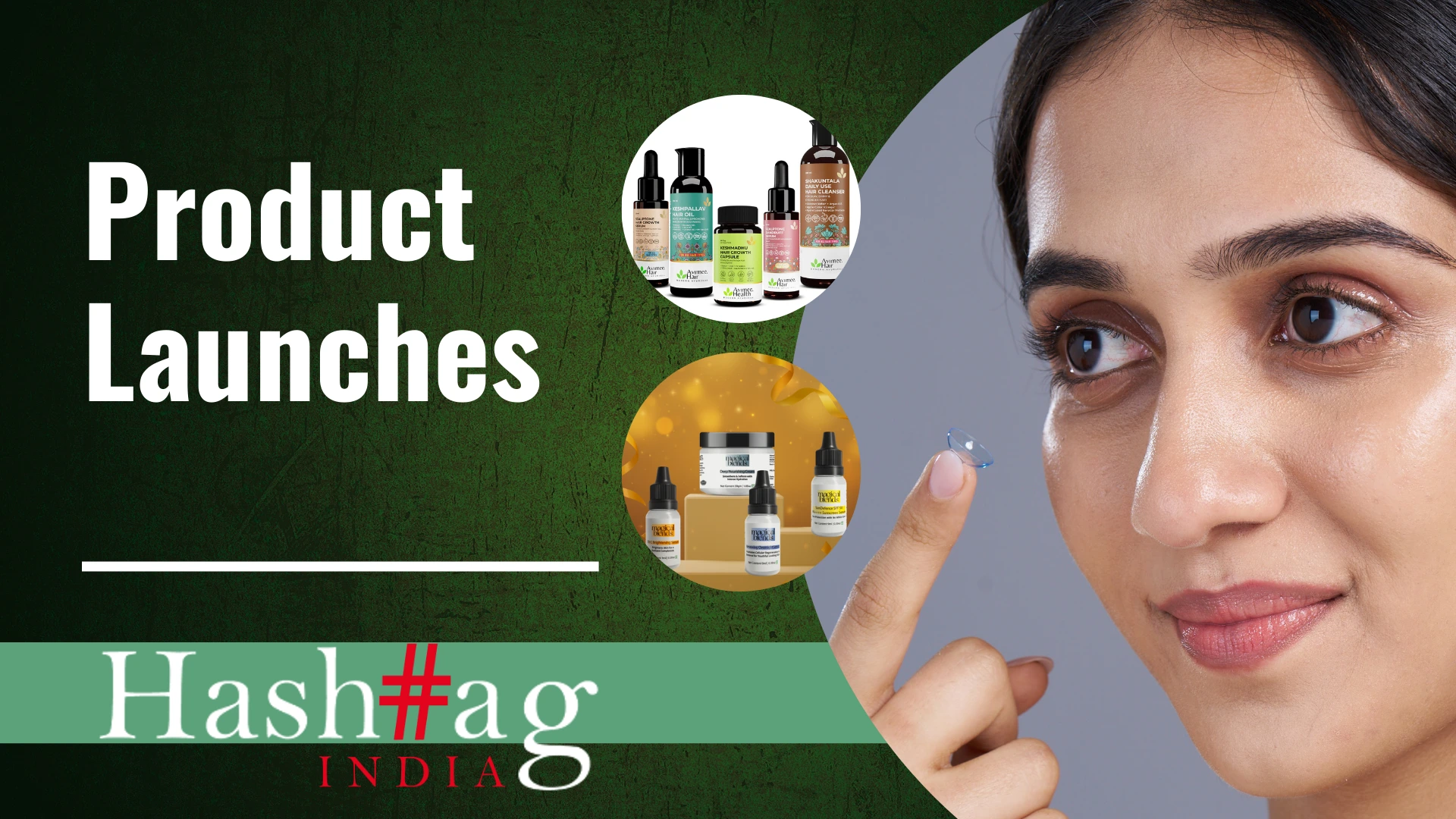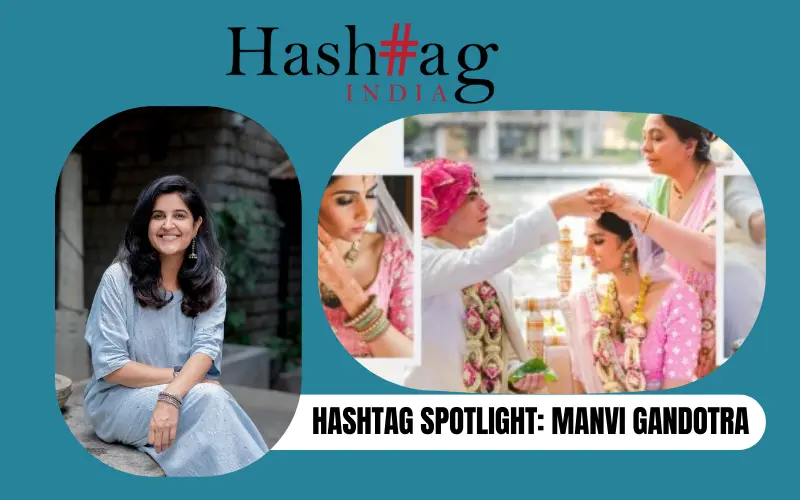Dr. Shushma, Lasik & Cataract, Maxi Vision Group of eye hospitals, Hyderabad, shares some winter eye care tips.
Winters are here
This is the season much-awaited by all. Our winter wears are unfurled, days are ending soon, the leaves are falling off the trees and the cold winter breeze is nipping the air. While we are thrilled to welcome this weather with probable holiday plans, we neglect the most common issue of dry and itchy eyes. Not many of us know that it important to maintain the moisture of the eyes during winter in order to protect it from dryness. It is essential to maintain healthy eyes and follow eye care routines during these months.
Common Issues faced
Many of us may have noticed our body skin getting drier with dropping temperatures similarly the moisture of our eyes also dwindle due to evaporation. Some prevailing problems faced by many are:
– Use of heaters at cold regions increase evaporation resulting in teary, itchy, burning sensation, redness, and excessive tearing in the eye
– Untreated eyes for a prolonged period can cause blurry vision and damage the cornea
– Conjunctivitis or eye infection
– Dry air and poor ventilation
Winter eye care and protection
Eat & Drink Right
– Staying hydrated by drinking lots of fluids

– Include foods rich in Vitamin A and omega 3 fatty acids like fish, flax seeds & chia seeds. (They boost the functioning of Meibomian glands which increases the lipid layer in the tears and balances the eye moisture)
Use of eye-protective gears
– Artificial tears or its substitutes like eye drops or lubrication helps in restoring the natural moisture of the eyes
– Keep eyes protected with UV-protected sunglasses especially in harsh environments as the exposure to UV light is generally more due to its reflection on snow. This can lead to snow blindness.
– Exposure to digital devices increases, dryness and frequent blinking of eyes hence must be avoided as much as possible
– Avoid frequent rubbing of eyes
– Stay away from direct contact with fire or heat at all times
In house measures
– Use of humidifiers combat dry weather and add moisture in the house
– Humidifiers should be clean and filters should be constantly checked
Key Hygiene to be followed
– Regularly washing hands to prevent any kind of infection or flu to the eye through contact of the hand and eye
– Avoid sharing cosmetics as they are prone to infections

– Ensure routine eye checkups and examinations for a healthy eyesight
We are all familiar with eating healthy, regular exercising, and visiting doctors for health checkups. Along with this, it is also important to check on eye health as well. We can learn and do what is necessary to maintain eye health to be able to appreciate its benefits in the coming times.

